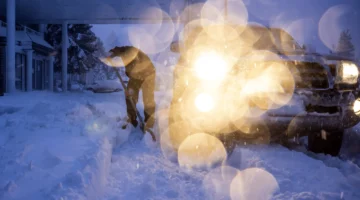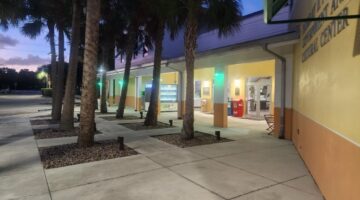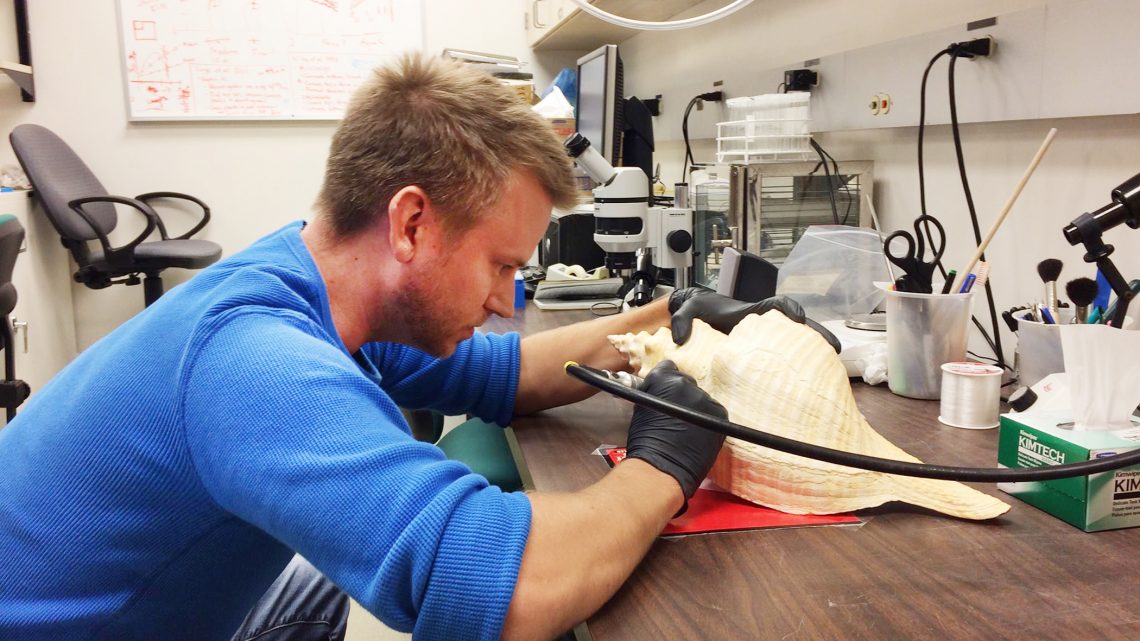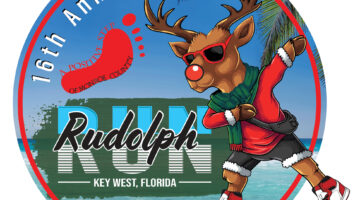Ph.D. candidate researches Stock Island’s Southernmost Pre-Columbian Archaeology Site, shares findings in Key West classrooms
For the past two years archaeologist Ryan Harke of Tampa, Florida, has been researching a little-known Pre-Columbian habitation on Stock Island. The Ph.D. candidate will be in Key West September 20-23 to continue his work and research and on Friday, September 21, will be sharing his methods and findings with Sugarloaf Elementary School 8th grade students as well as with a group of HOB STEM (Science, Technology, Engineering, Math) students, courtesy of Key West Art & Historical Society.
The site that Harke is studying, located on Stock Island where the jail and its parking lot now exist, is one of the largest Pre-Columbian habitations known in the Keys, consisting of a black-earth mound. By studying the mound and a large midden of shells, sea-turtle bones, shellfish, and the now extinct Caribbean Monk seal and pygmy sperm whale remains found there, Harke can determine how Florida Keys Native Americans interacted with their island environments 800 years ago, including knowing what species they ate and what tools they used.
Harke says he is also currently working on fundraising for a Florida State Historical Marker for the site.“The Department of State, Division of Historical Resources, offers a matching grant program, so of the $2000 total cost, I’m looking to raise $1000.Ninety-five percent of history museums, tours and tourist information is concerned with the European, American, and later Caribbean presence in the islands,” he added. “It’s exciting to learn more about the first people to ever inhabit Key West and the other Keys.”
“The Society is in the business of inspiring young minds to be interested in the past,” said Adele Williams, Key West Art & Historical Society Director of Education. “An effective approach is to bring experts into the classrooms to share their knowledge with the students. Listening to a young Ph.D. candidate discuss a topic with passion and understanding is a sure way to plant the seed for future archeologists.”
For more information about this and other Society educational programs, contact Adele Williams at 305.295.6616, x115. Your Museums. Your Community. It takes an Island.
IMAGE:
In a method similar to that which he is employing with artifacts recovered from the Stock Island site, Ryan M. Harke, MA, RPA, an archaeology and anthropology instructor at the University of South Florida, mills samples of powdered shell off of a horse conch to study its geochemistry to determine how long they live. (Contributed photo)





No Comment